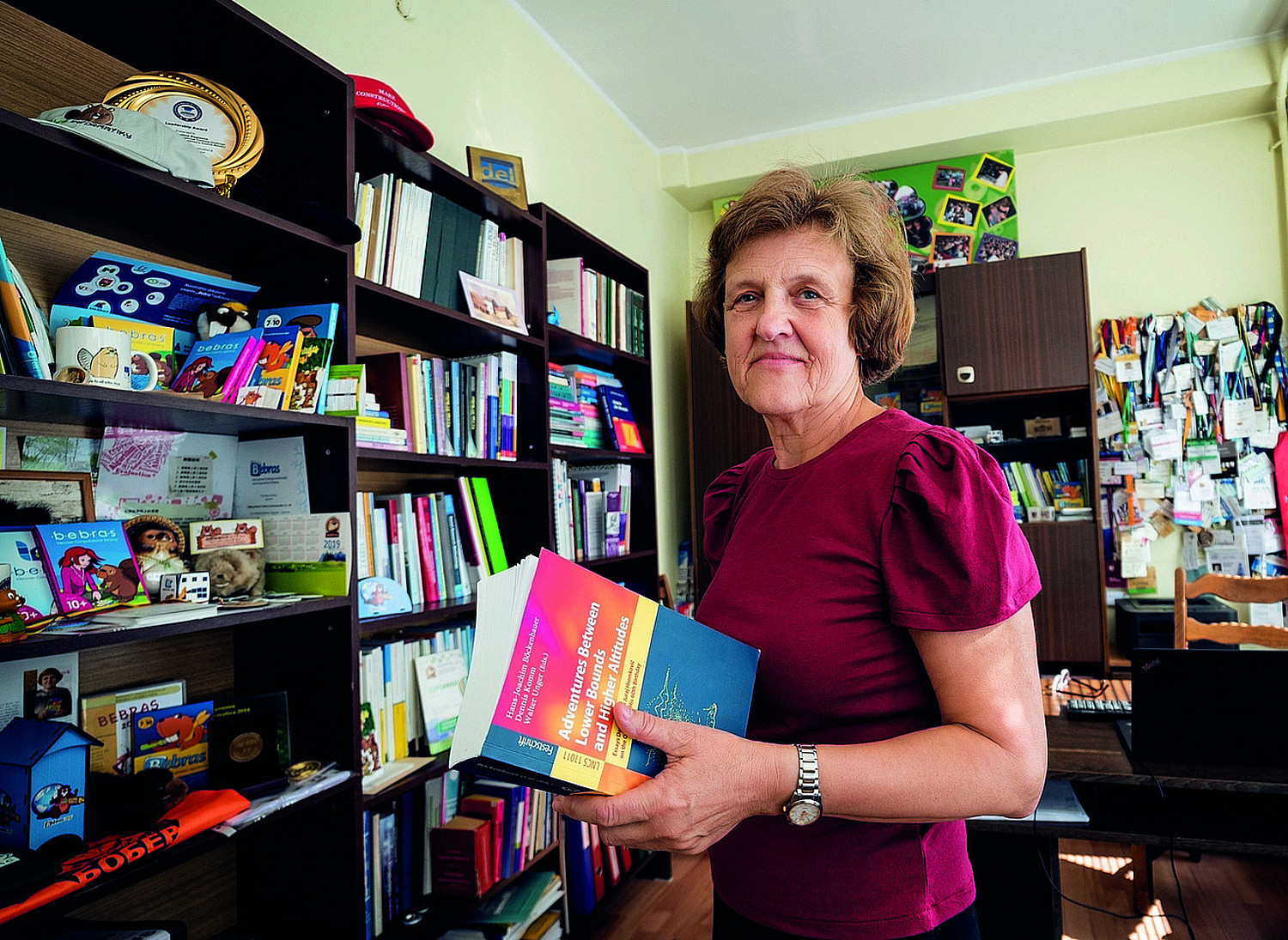"Today, kids are growing up in an environment enveloped by AI – they should know how it works." – Interview with Valentina Dagienè (VU)
Valentina, how often do people face data and AI in everyday education/learning?
In Lithuania, understanding of data is included in school curricula since establishing Informatics as a separate subject (since 1990). In updated Informatics curriculum (approved in 2022) one of the six areas of student achievements is dedicated to data mining for all levels of schools with AI education in upper grades. Data and AI appear everywhere so we need to discuss them in all subjects depending of learning content.
What are the most important things about data and AI that should be taught to kids in primary school?
In today’s world, all kids are growing up in an environment surrounded by AI and they should know how it works. Data and AI helps kids to create logical reasoning skills. It helps them develop an understanding to realize the new digital tools that can help them increase their awareness and smartness. Learning data mining and AI from a younger age could also help kids understand career options, provide a wide variety of plans and open ways for creativity.
Do teachers today have enough knowledge about data and AI to teach kids?
Teachers lack systematic knowledge on data mining and especially on AI education. In order to teach kids about data and AI, teachers need a series of training workshops, guidelines on educational technologies, reading materials and discussions. Detailed lesson plans on data and AI according to kids' age should be developed.
Do you know existing resources (OER) for primary teachers that adress AI and data education in an accessible way?
For primary education, not so many open resources can be found on data and AI. There are websites e.g. AI Club, Google for AI education or tools to investigate. Coursera provides some courses for artificial intelligence education for teachers.

